UN expert calls for lifting of restrictions
A United Nations expert on Friday called on countries to lift all sanctions and other restrictions against China, saying that unilateral sanctions, being contrary to international law and ultimately resulting in human rights violations, must not be used as a foreign policy tool and means of economic coercion.
Speaking at a news conference in Beijing on Friday, Alena Douhan, the UN special rapporteur on the negative impact of unilateral coercive measures on the enjoyment of human rights, shared her preliminary findings following a 12-day official visit to China.
"During my visit, I received numerous reports on the unilateral sanctions' adverse impact and the consequent socioeconomic implications affecting people's lives," she said.
Douhan concluded her fact-finding trip days after the United States announced additional tariffs on a range of imports from China, including electric vehicles and lithium-ion batteries.
China has been subjected to unilateral sanctions and other restrictions by a number of countries starting from 2017, with mounting pressure from the U.S. on Chinese tech firms, imposition of export controls, designation of company officials and the launch of administrative and civil charges.
Douhan said that currently the U.S. entity list includes more than 700 Chinese entities.
"The unilateral sanctions against China do not conform with a broad number of international legal norms and are introduced to apply pressure on the state," she said.
Douhan said that broad sectors of the economy in the Xinjiang Uygur autonomous region were particularly affected by U.S. sanctions. She said the U.S. uses a nonbinding document of unclear status and introduces the presumption of guilt in Xinjiang for any stage of supply chains, adversely affecting the overall economy of the region and beyond.
She further noted that the idea of presumption of legality of unilateral sanctions and the presumption of guilt of companies with any exposure to Xinjiang or designated entities "violate fundamental principles of international law, the provisions of the UN General Assembly and UN human rights resolutions, and constitute an attempt to supplement legal standards with a so-called rules-based order".
 最新热点
最新热点
-
遇见广州,解锁未来都市的N种模样 | 粤见APEC
-
独家视频丨习近平同乌拉圭总统奥尔西举行会谈
-
独家视频丨习近平同乌拉圭总统会谈:持续深化全面战略伙伴关系 加强全球南方团结协作
独家视频丨习近平同乌拉圭总统会谈:持续深化全面战略伙伴关系 加强全球南方团结协作
最新热点2月3日上午,国家主席习近平在北京人民大会堂同来华进行国事访问的乌拉圭总统奥尔西举行会谈。 习近平指出,中国有句古语,“相知无远近,万...
-
独家视频丨习近平同乌拉圭总统会谈:你是中国人民的好朋友 也是今年首位访华的拉美国家元首
独家视频丨习近平同乌拉圭总统会谈:你是中国人民的好朋友 也是今年首位访华的拉美国家元首
最新热点2月3日上午,国家主席习近平在北京人民大会堂同来华进行国事访问的乌拉圭总统奥尔西举行会谈。 习近平指出,38年前的今天,中乌实现建交。38年来,无...
-
广东这个千年古县,韩愈来了都说好



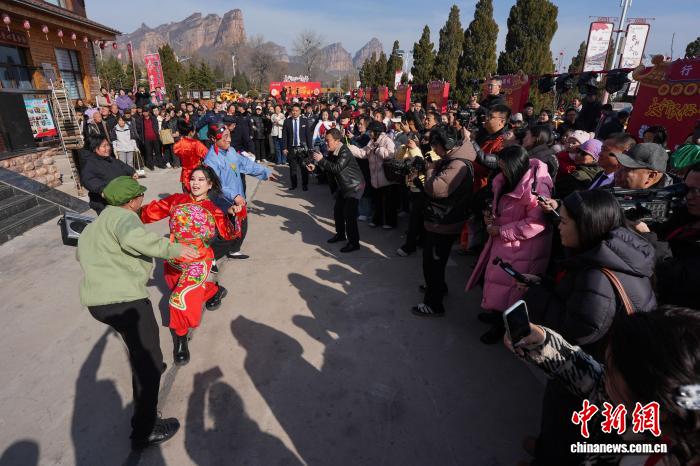


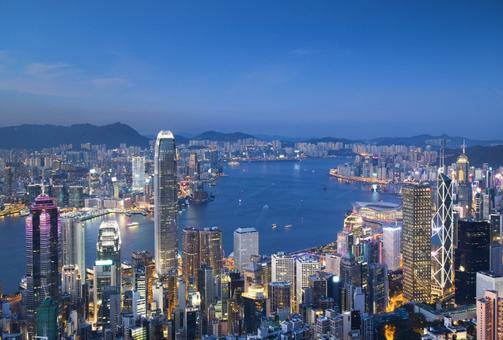

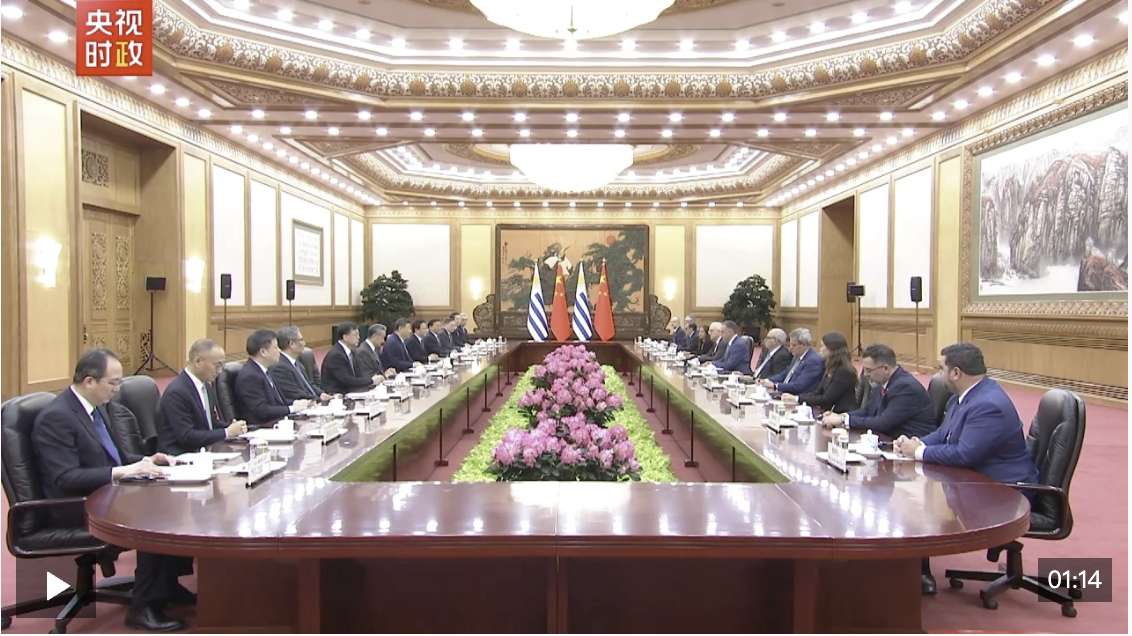
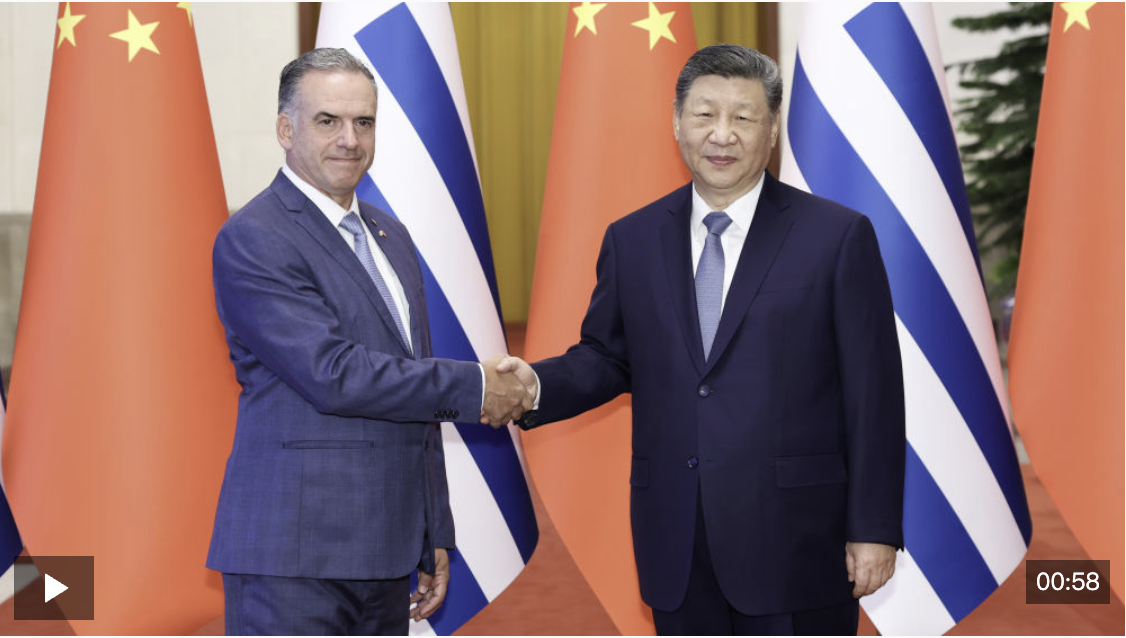
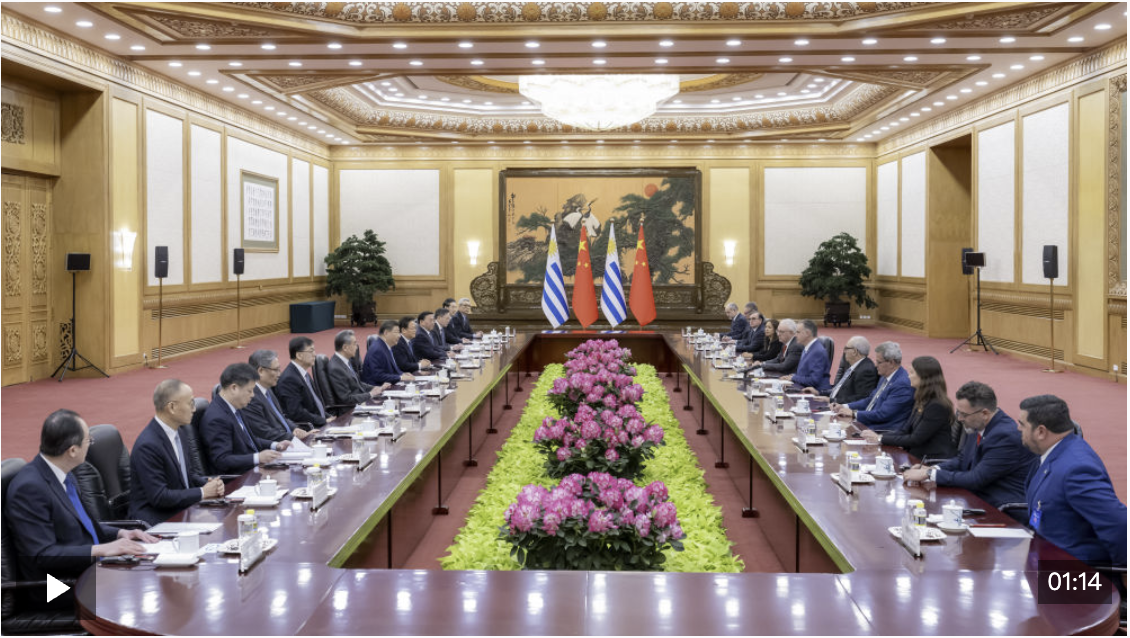

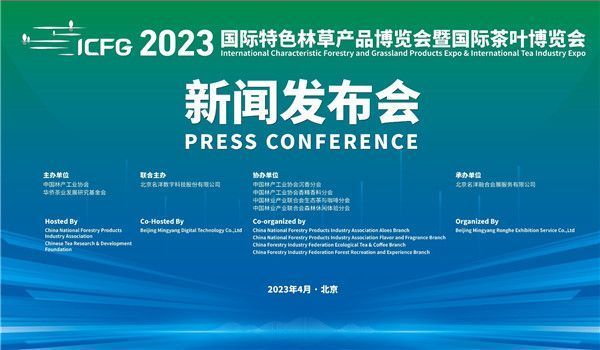
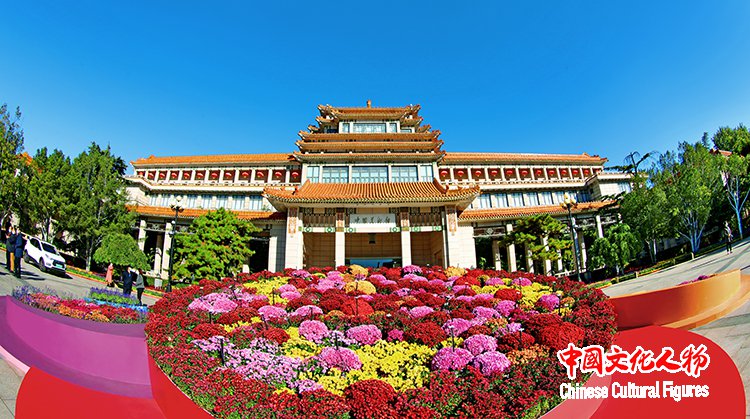
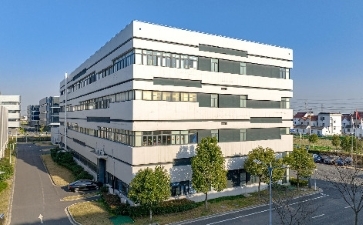 北京将打造现代化首都都市圈 壮大先进制造业集群
北京将打造现代化首都都市圈 壮大先进制造业集群
 中国“个性年货”俏销 多元供给精准对接需求
中国“个性年货”俏销 多元供给精准对接需求
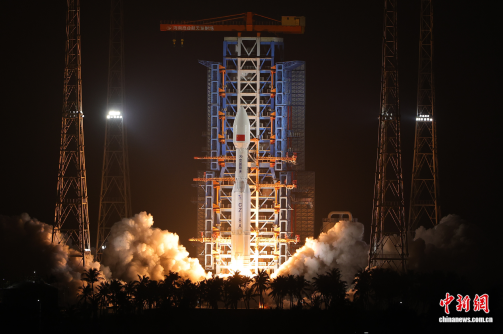 中国成功发射卫星互联网低轨18组卫星
中国成功发射卫星互联网低轨18组卫星
